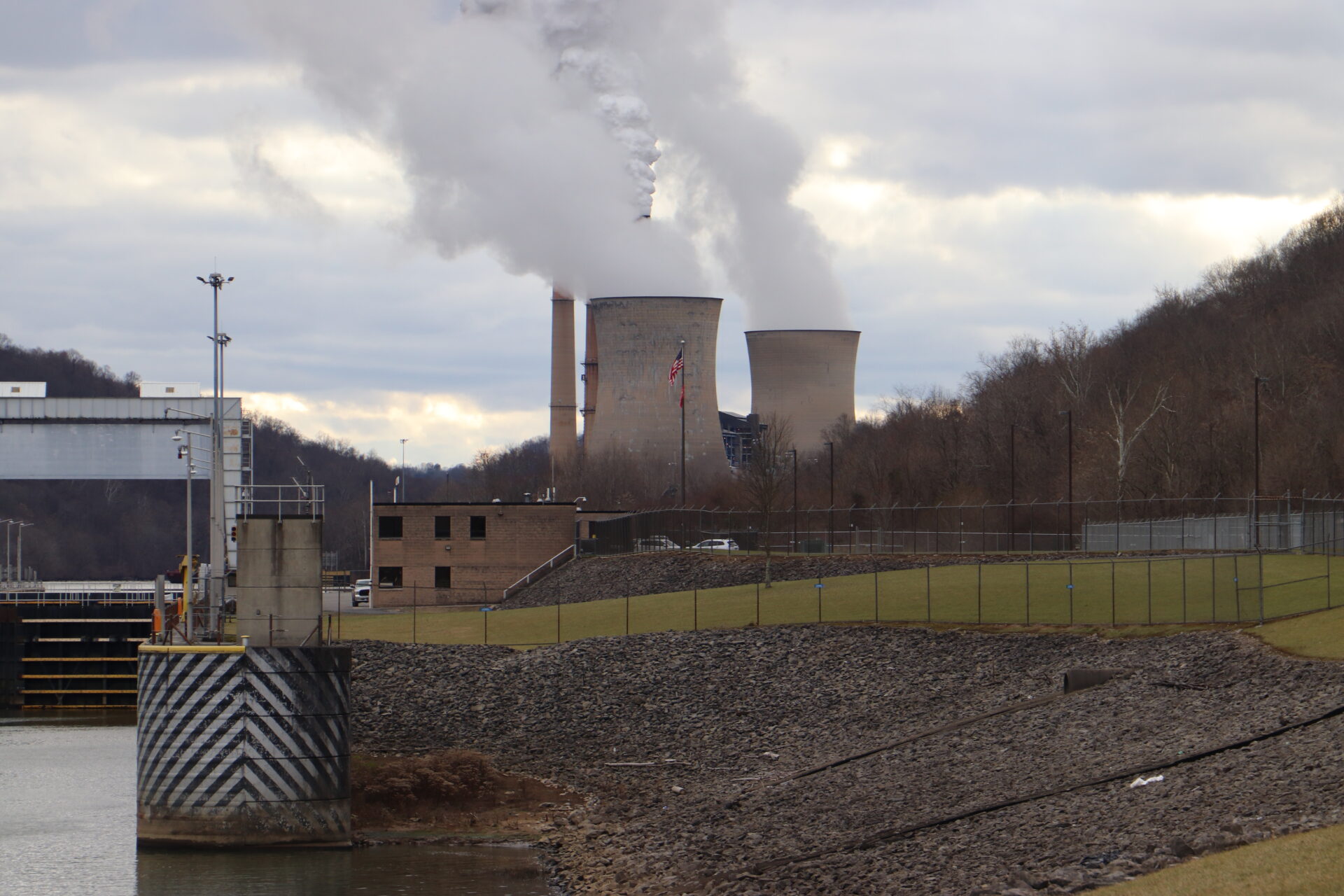West Virginia is part of a U.S. Supreme Court challenge to a federal rule on pollution that crosses state lines.
The Supreme Court heard oral arguments Wednesday in a challenge by West Virginia, Ohio and Indiana to the Cross-State Air Pollution, or Good Neighbor Rule.
The rule requires a reduction in nitrogen oxide, which causes smog, from power plants.
Among other things, it could force power plants that don’t have the best NOx controls to invest in expensive new equipment.
It’s estimated that Mon Power would have to spend around $500 million to equip its Fort Martin Power Station in Monongalia County with a new system that eliminates NOx.
The three states are asking the justices to stay the rule. They say the EPA lacks the authority to enforce it under the Clean Air Act.
